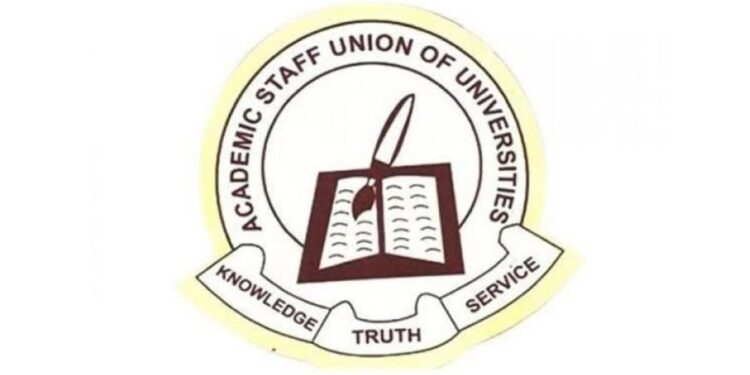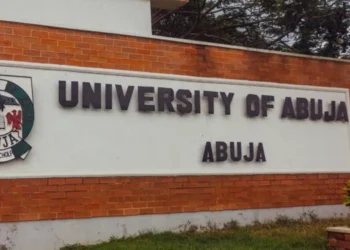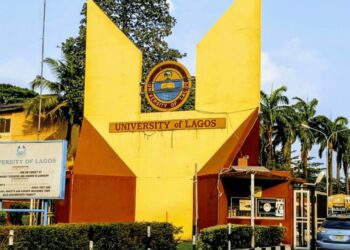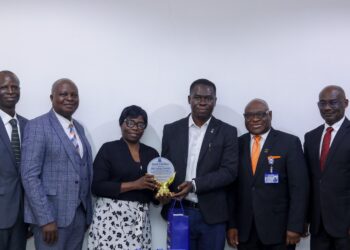A growing number of branches of the Academic Staff Union of Universities (ASUU) have withdrawn their services over delayed June 2025 salaries, further escalating tension across Nigeria’s public university system.
This development comes shortly after ASUU’s national leadership issued a warning that it would activate its long-standing “No Pay, No Work” policy if salaries were not paid promptly. According to the union’s resolution, any month salaries are delayed beyond the third day warrants a suspension of work.
Branches at the University of Jos, University of Abuja, and Abubakar Tafawa Balewa University (ATBU) have already complied with the directive, leading to disruptions in lectures, meetings, and other statutory academic duties.
Chairman of the ASUU branch at the University of Jos, Dr. Jurbe Molwus, confirmed the enforcement of the strike, stating that the decision aligns with a National Executive Council (NEC) resolution. “Our congress affirmed the NEC’s position. Our members have suspended all academic and official engagements,” he said.
He further noted that strike monitoring teams had been activated to ensure compliance across departments.
At ATBU, ASUU Chairman Dr. Angulu Haruna described the delay as intentional. “While other federal employees receive their salaries early in the month, university staff are always sidelined. The government blames this on the transition from IPPIS to GIFMIS, but this excuse is no longer acceptable,” he said.
Reports from Ahmadu Bello University (ABU) and University of Abuja also indicate that many lecturers have stayed away from classrooms and offices, in silent protest over what they call systemic neglect.
Speaking to EduTimes Africa, a senior lecturer at ABU who requested anonymity said, “This is not just about salaries. It’s about dignity and respect for intellectual labour. We cannot continue to teach on an empty stomach while government agencies receive preferential treatment.”
Meanwhile, members of the Academic Staff Union of Polytechnics (ASUP) have also issued a statement threatening to embark on a parallel strike should the salary delays extend to their institutions.
The situation raises fresh concerns about the stability of Nigeria’s tertiary education system, with many students facing uncertainty yet again due to the perennial crisis between the government and academic unions.



















































































 EduTimes Africa, a product of Education Times Africa, is a magazine publication that aims to lend its support to close the yawning gap in Africa's educational development.
EduTimes Africa, a product of Education Times Africa, is a magazine publication that aims to lend its support to close the yawning gap in Africa's educational development.